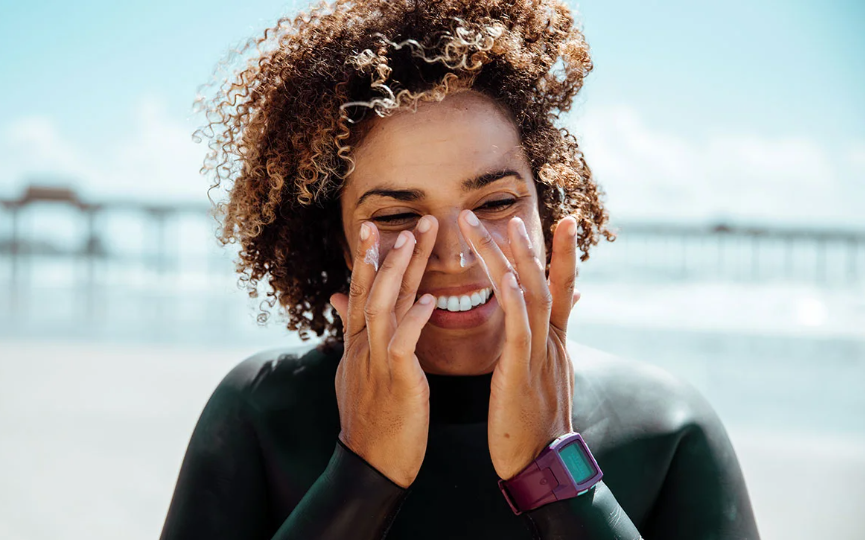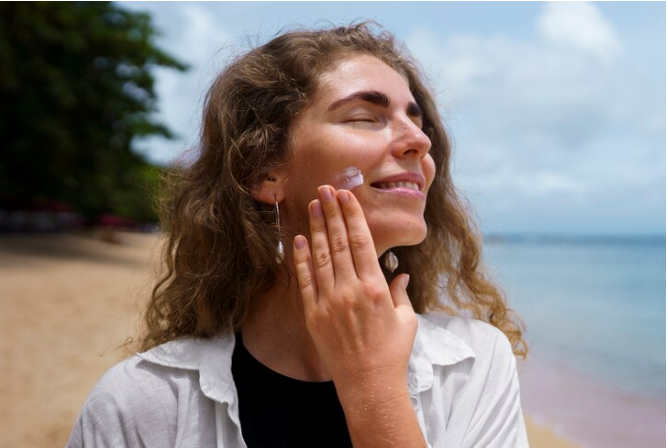Do You Really Need Sunscreen Every Day?
Introduction to Daily Sun Protection
Sunscreen isn’t just a beach day accessory; it’s a vital part of daily skincare. Its importance extends beyond preventing sunburns – it’s a crucial element in fighting skin cancer and premature aging. Despite its benefits, myths and misunderstandings about sunscreen usage persist. This article will debunk these myths and emphasize the necessity of daily sun protection.

Understanding UV Rays and Their Impact
Sunlight consists of different types of ultraviolet (UV) rays. UVA rays cause aging and long-term skin damage, while UVB rays are responsible for sunburns. Both types contribute to skin cancer. Understanding these rays and their effects is key to comprehending why daily sunscreen application is essential.
Benefits of Daily Sunscreen Use
Using sunscreen every day helps prevent sunburn, reduces the risk of skin cancer, and keeps your skin looking youthful. The cumulative effect of sun exposure can lead to significant skin damage over time. Therefore, regular sunscreen application is crucial for maintaining healthy skin.
Sunscreen and Skin Types
Different skin types require different types of sunscreen. This section explores the best sunscreen options for various skin types, from oily to dry, and explains the significance of the Sun Protection Factor (SPF) ratings in providing adequate protection.
Sunscreen in Various Climates
Many people mistakenly believe sunscreen is unnecessary on cloudy days or in winter. However, UV rays can penetrate clouds and reflect off snow, making sunscreen vital year-round, regardless of the climate.
Sunscreen and Aging
Regular use of sunscreen can significantly slow down the signs of aging caused by the sun, such as wrinkles and sunspots. This section delves into the relationship between sun exposure, premature aging, and how sunscreen acts as a preventive measure.
Chemical vs Physical Sunscreens
There are two main types of sunscreens: chemical and physical. Each has its advantages and drawbacks. Understanding these can help you choose the sunscreen that best suits your needs and preferences.
Application Tips for Maximum Protection
Proper application is key to ensuring effective sun protection. This includes knowing how much sunscreen to apply and the importance of reapplying it throughout the day, especially after swimming or sweating.
Do You Really Need Sunscreen Every Day?
This central section addresses the titular question by busting common myths and providing real-life examples that illustrate the importance of daily sunscreen application.
Sunscreen and Children
Children’s skin is particularly sensitive to the sun. This part discusses the safety and efficacy of sunscreen for children and the importance of instilling sun-safe habits from a young age.
Impact of Sunscreen on the Environment
Some sunscreen ingredients can be harmful to the environment, particularly marine life. This section explores eco-friendly and ocean-safe sunscreen options.
Sunscreen and Vitamin D
While sunscreen protects against harmful UV rays, it also reduces vitamin D synthesis in the skin. This part discusses how to balance sun protection with vitamin D needs, including alternative sources of this essential vitamin.
RELATED ARTICLE : 15 HEALTH AND NUTRITION BENEFITS OF SESAME SEEDS
Common Sunscreen Mistakes
Even regular sunscreen users can make mistakes that reduce its effectiveness. This section identifies these common errors and provides tips to maximize the benefits of sunscreen.
Conclusion
The article concludes by summarizing the key points discussed and reinforcing the message about the importance of daily sunscreen use.
FAQs on Daily Sunscreen Use
- Is it necessary to wear sunscreen indoors? Yes, especially if you’re near windows, as UVA rays can penetrate glass.
- Can I skip sunscreen on cloudy days? No, UV rays can penetrate clouds, so sunscreen is still necessary.
- How much sunscreen should I use? For full body coverage, about one ounce (a shot glass full) is recommended.
- Does sunscreen prevent Vitamin D absorption? While it can reduce Vitamin D synthesis, balanced sun exposure and dietary sources can compensate for this.
- Can I use my body sunscreen on my face? It’s better to use a facial sunscreen as they are formulated to be non-comedogenic and gentler on delicate facial skin.
- How often should I reapply sunscreen? Every two hours, or more frequently if swimming or sweating.





